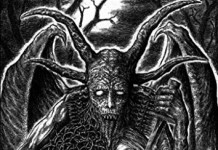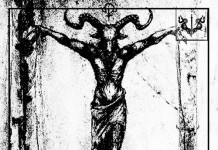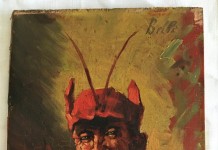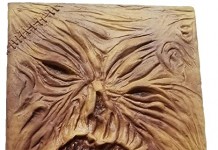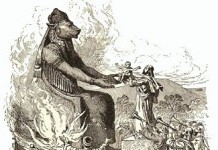Belial is described by the Dead Sea Scrolls as a demon who existed before Satan, known as the King of Evil, Belian is the one they claim is responsible for bringing evil to men as he panders to the perverts, the atheists, the worthless and all those who have a soul that is already disturbed. Whether he existed before Satan, or Lucifer, or was created afterwards has little bearing now as he serves the devil as one of his many demons; though he is said to be second in command. The Pseudomonarchia Daemonum says that it is Belial that is charged with seducing angels into falling away from the glory of God. He does not tell the truth unless meaningfully threatened, but he will sell you a lie and make you think it’s the truth with ease.
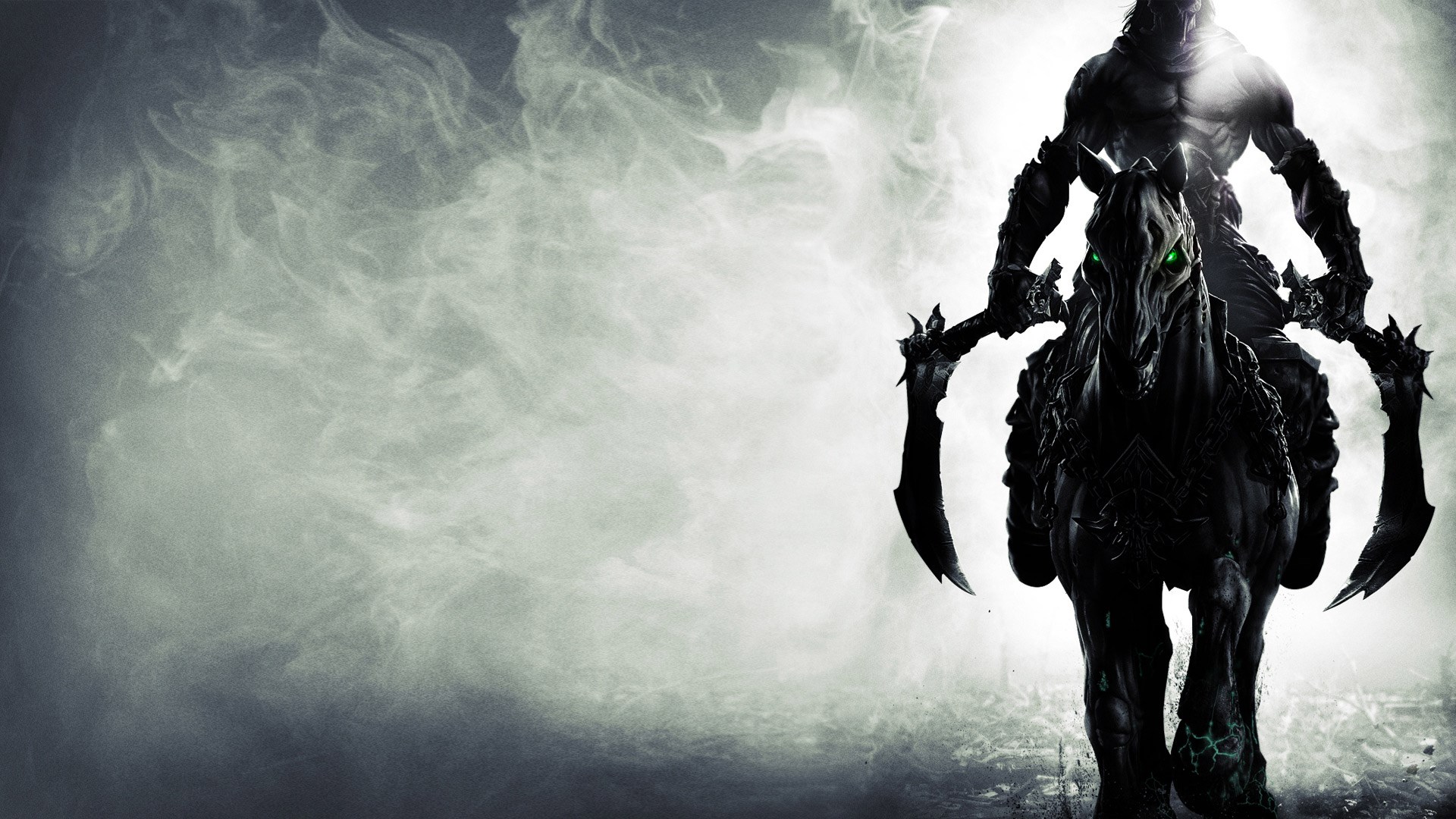
Belial is also known as Belhor, Baalial, Beliar, Belias, Beliall, Beliel, and Bilael; there is even a mention of him under the names Matanbuchus, Mechembuchus, and Meterbuchus. In general the word Belial is believed to be derived from the ancient Hebrew word that means ‘without worth’ and later words associated suggest it could, rather than being a proper name, be a euphemism for ‘lawless men’ or ‘sons of the plague’ or ‘pestilence’. He is rarely mentioned in the Christian Bible; in fact there is only one reference to him in the New Testament when the Apostle Paul is discussing unequal relationships between believers and non-believers. However, in the Hebrew Bible, in the Jubilees, the Testaments of the Twelve Patriarchs, the Dead Sea Scrolls, as well as the apocryphal text by Bartholomew Belial features much more prominently. In fact in the apocryphal text Resurrection of Jesus Christ by Bartholomew, Belial is seen in hell with 666 fallen angels when Jesus commands that Michael show the disciples what hell is like.
Interestingly, Belial is mentioned in both Book One and Book Two of Milton’s Paradise Lost, and in a poem by Robert Browning. In Paradise Lost Milton explores Belial’s ability to tell you what you want to hear, to make beautiful promises and tell lovely lies that only entice you further and further into sinful and terrible behaviors. He has also been mentioned in The Lesser Key of Solomon, the Goetia by Aleister Crowley, and The Satanic Bible in which he symbolizes personal accomplishment, self-sufficiency, and independence.
Unsurprisingly, Belial has been featured quite often in pop culture, in everything from video games to films. Some of the most well known instances are the 1922 silent film Nosferatu, the cult horror film Basket Case from 1982, popular horror flick The Exorcism of Emily Rose from 2005 and in the books The Divine Invasion by Philip K. Dick, Phantoms by Dean Koontz, and the Shadowhunter Chronicles by Cassandra Clare. He appears in both Clare’s book series as well as in the television adaption of those books. In popular video games you’ll find him featured prominently in Blizzard Entertainment’s Diablo 3, the final level of Dungeon Keeper’s Deeper Dungeons is named Belial, and there is even a Belian in the Warhammer 40k universe as the current Grand Master of the Deathwing of the Dark Angels Space Marine Chapter.

